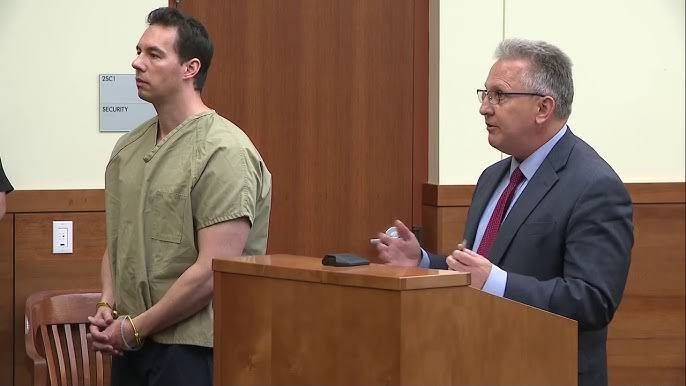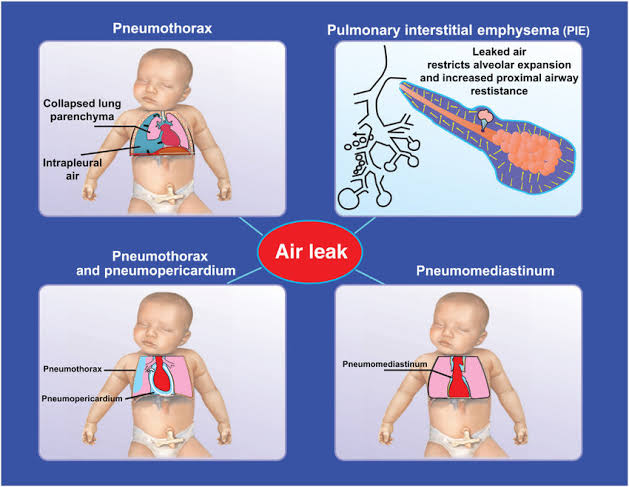
Professional misconduct in medical ethics refers to actions by healthcare professionals that violate the ethical standards and legal regulations governing their practice. This can include a wide range of behaviors, such as negligence, fraud, abuse, or any action that undermines the trust placed in medical professionals by patients and society. The concept is rooted in the principles of beneficence (acting in the best interest of patients), non-maleficence (avoiding harm), autonomy (respecting patient choices), and justice (fair treatment).
Occurrence of Professional Misconduct
Professional misconduct can occur in various forms, including but not limited to:
- Negligence: Failing to provide the standard of care expected in a medical setting, which can lead to patient harm.
- Fraud: Engaging in deceptive practices for personal gain, such as falsifying patient records or billing for services not rendered.
- Abuse: Physical, emotional, or sexual abuse of patients is a serious violation of ethical standards.
- Substance Abuse: Healthcare professionals who misuse drugs or alcohol may compromise patient safety.
- Boundary Violations: Inappropriate relationships with patients that breach professional boundaries.
The occurrence of professional misconduct is often reported through various channels, including patient complaints, peer reports, or institutional oversight mechanisms.
Disciplinary Procedures
When instances of professional misconduct are identified, governing bodies such as medical boards or professional associations typically follow established disciplinary procedures. These procedures generally include:
- Investigation: Upon receiving a complaint or report of misconduct, an investigation is initiated to gather facts and evidence related to the case.
- Hearing: If sufficient evidence exists, a formal hearing may be held where both the accused professional and the complainant can present their cases.
- Decision Making: After reviewing all evidence and testimonies, the governing body will make a determination regarding whether misconduct occurred.
- Sanctions: If found guilty of professional misconduct, sanctions may range from reprimands and fines to suspension or revocation of licensure depending on the severity of the offense.
These procedures are designed to ensure fairness and due process while protecting public health and safety.
Necessity for Self-Regulation
Self-regulation is crucial in maintaining high standards of practice within the medical profession for several reasons:
- Trust Building: Self-regulation fosters trust between healthcare providers and patients by ensuring that practitioners adhere to ethical guidelines and standards.
- Quality Assurance: Through self-regulatory mechanisms like peer reviews and continuous education requirements, healthcare professionals are encouraged to maintain competence and improve their skills.
- Accountability: Self-regulation holds practitioners accountable for their actions within their profession without solely relying on external regulatory bodies.
- Public Safety: By enforcing ethical standards internally, healthcare organizations can proactively address issues before they escalate into significant problems affecting patient care.
In conclusion, professional misconduct represents serious violations within medical ethics that require thorough investigation and appropriate disciplinary measures by governing bodies. The commitment to self-regulation plays an essential role in upholding ethical standards and ensuring quality care within the healthcare system.







